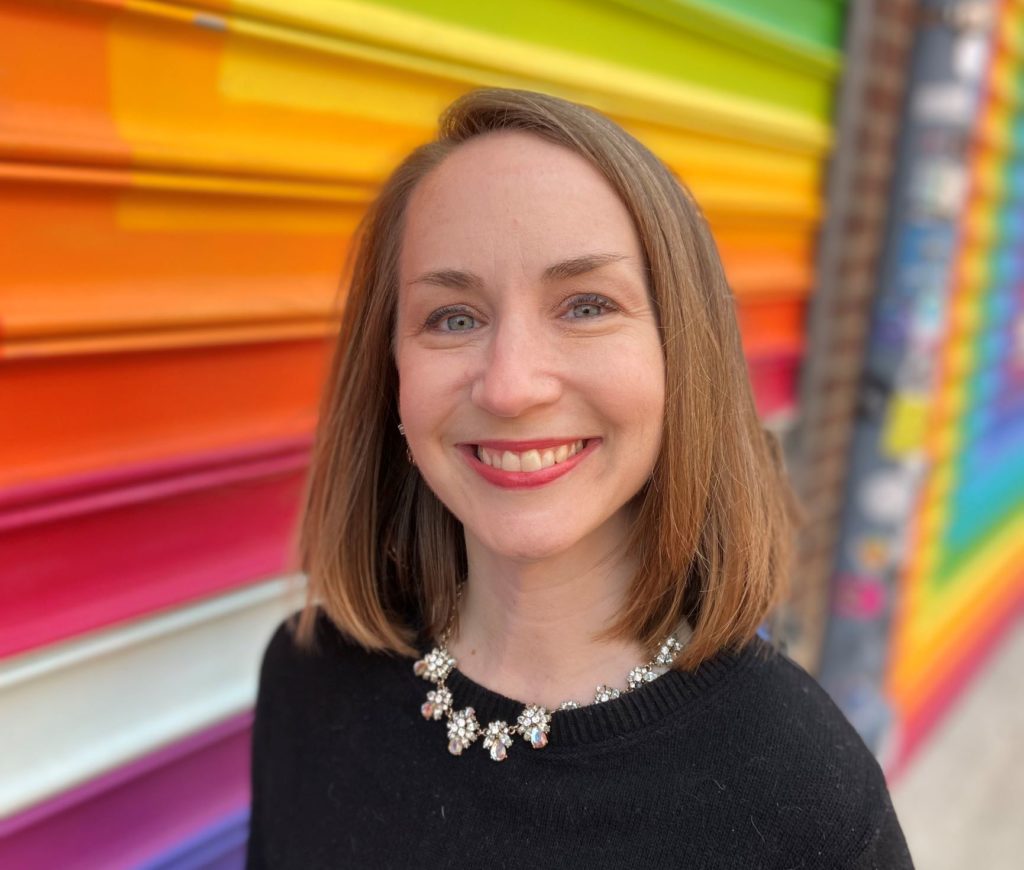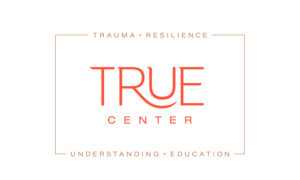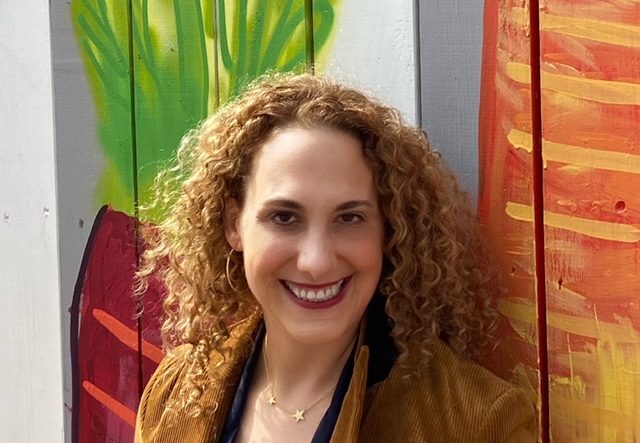
High costs no longer need to be a roadblock to families in search of trauma-based care.
TRUE Center, a nonprofit providing intervention and prevention services for children, will offer affordable mental health services, as well as education and training to community members and professionals.
“It has felt like there’s such a disparity,” says Stephanie Wolf, a psychologist who started the nonprofit with four other mental health professionals she connected with during clinical work at a child advocacy center.
They noticed in their work that families were discontinuing treatment because they could not afford it, could not make scheduled appointment times or had needs that went beyond one type of trauma.
“Many kids—especially underserved kids—tend to have multiple traumas,” Wolf says. “And the more traumas they have, and the more what we call adverse experiences they have, then the worse the outcomes are. Not being able to address all of them together is a real disadvantage.”

TRUE—which stands for Trauma, Resilience, Understanding and Education—will address trauma more broadly, seeking to avoid children slipping through the cracks while also making the same services accessible to all.
Almost half of children in Washington, D.C. had experienced trauma—47.1%, according to survey results from the National Survey of Children’s Health released in 2016.
Although the numbers have gone down since then—38.8% in the 2019-2020 survey results—they are still high.
The model used at TRUE involves sliding-scale fees based on families’ current financial situations and gross household incomes.
Renee DeBoard-Lucas, psychologist and another founder of TRUE Center, encourages families to pay a small amount—even $5. Research shows that investment keeps patients coming back.
But no one will be turned away if they can’t pay anything—and no one will be turned away for making too much either, she explains.
“The idea is that people who don’t have the financial resources will be able to access it as much as somebody who could pay out of pocket,” DeBoard-Lucas says.
TRUE will have clinicians on hand who specialize in time-limited treatments—typically between 12 to 20 weeks—so that families can have a good idea of how long a treatment should take.
“We want them to feel well as soon as they can,” DeBoard-Lucas says, adding that those treatment plans are also flexible to extensions. No family needs to worry about not finishing a treatment plan in a limited time.
One example, Wolf notes, is Child and Family Traumatic Stress Intervention, created in the Yale University’s Child Study Center, which focuses on identifying symptoms and finding coping strategies within the first three months after a trauma. If providers can reduce the top two or three symptoms, it’s less likely others will develop into something more severe such as PTSD.

TRUE also provides training to schools, other providers who do not specialize in treatment of trauma, families and community members.
“We find that a lot of families will have questions about ‘what’s typical?’ ‘My child is feeling more irritable. My child is having a hard time sleeping. Is that typical after a trauma?’” DeBoard-Lucas says.
Sometimes the staff finds a child does not need treatment, or that other ways exist to respond soon after the trauma that will make treatment less likely, she explains.
The training can also equip mental health professionals to treat more patients, increasing accessibility at other treatment centers.
“We want to help the whole community be advocates for kids,” DeBoard-Lucas says.
The center will be open for telehealth appointments this fall. The team also hopes to be able to offer trainings via Zoom and community centers down the road. A physical location is slated for Washington, D.C.
Collectively, the five founders are licensed to see patients in Maryland, Washington and Virginia, and TRUE will also be accepting professional volunteers who can donate a few hours of service to the team. Currently the founders are fundraising through donations and plan to seek sponsorships and grants to supplement operational costs and hire employees.
No insurance is required for treatment at TRUE Center, but DeBoard-Lucas says she plans to accept Medicaid and limited insurance plans in the future.
To donate, visit truetraumacenter.org.







